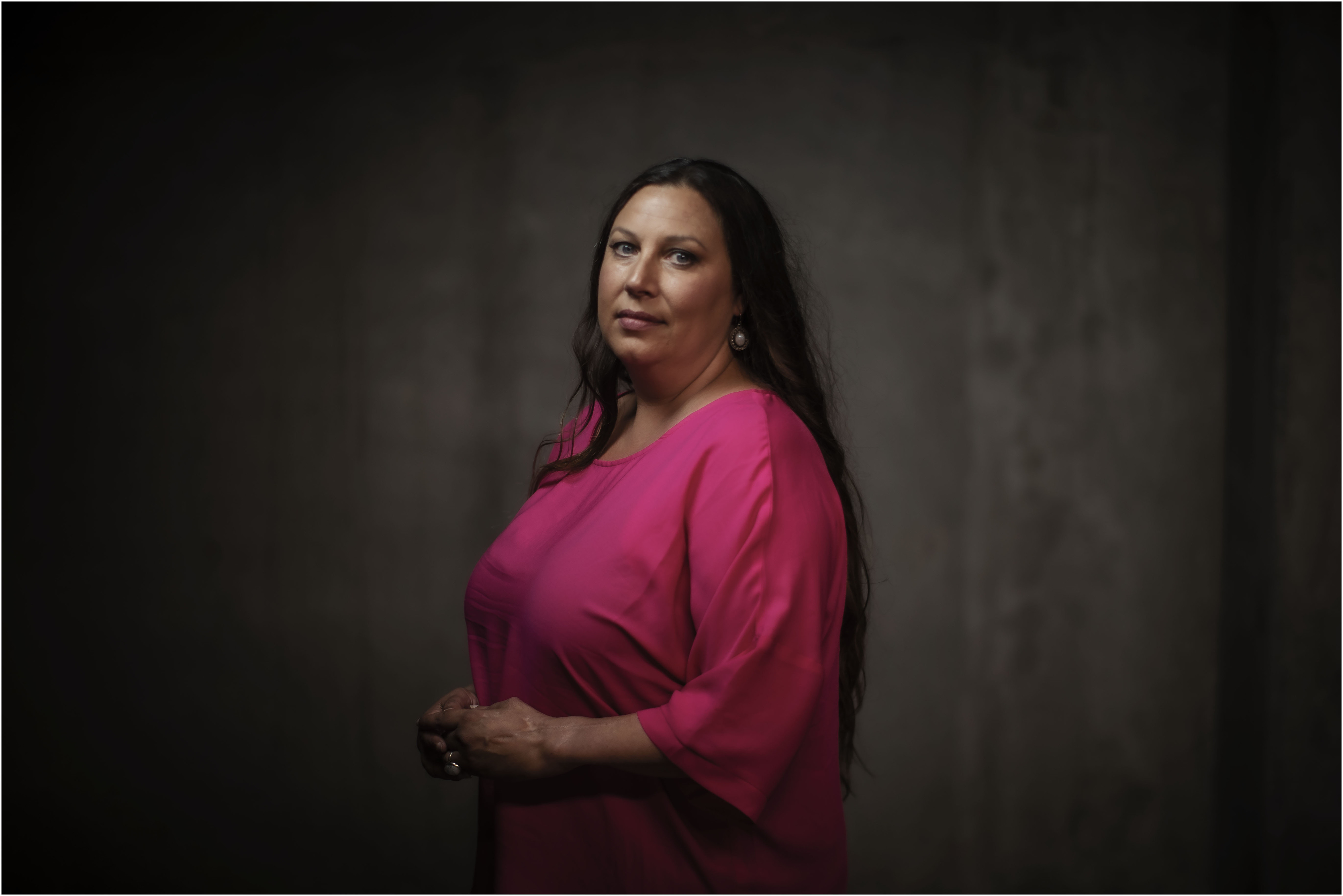Understanding family violence
Family violence can take many different forms, and can mean any physical, sexual or psychological abuse. You may be experiencing some behaviours in your relationship that just don't feel right. We'll take a closer look at unsafe behaviours and types of abuse you could experience in your relationship on this page.
Who can you experience family violence from?
You can experience family violence from anyone you have close personal relationship with. It doesn’t have to be a sexual relationship and you don’t have to be living together.
New Zealand law defines someone you could have a close personal relationship as:
- a partner or ex-partner
- a family member
- a support person
- someone you live with, like a flat mate.
Below you'll find descriptions and examples of the different types of abuse within family violence. This can help you recognise abusive behaviours and seek help if you're concerned about safety in your relationships.
To learn more about the law you can visit this web page to read the New Zealand Family Violence Act 2018.
Coercion and threats
Coercion and threatsCoercion or threats are when someone persuades you to do something or stop you from doing something by using force and/or threats. They may target what is important to you and leave you feeling trapped and like you have no freedom, choice, or ability to make your own decisions.
Coercion and threats could look like this:
Isolation
IsolationIsolation is a form of abuse when someone prevents you from having other relationships with friends, family, or your community. They might decide how you can engage with other people, in general resulting in you being more dependent on them.
Isolation could look like this:
Emotional abuse
Emotional abuseEmotional abuse
Emotional abuse is when someone makes you feel scared, confused, or doubt yourself. They may not be physically violent, but their verbal or non-verbal actions can cause you mental pain, anguish, or distress.
In an emotionally abusive relationship, you may feel that there is no way out or that without your partner, you’ll have nothing. The ongoing impact of emotional abuse can chip away at your sense of self and leave you believing them when they tell you that you’re worthless, that no-one will believe you, or that no-one cares about you but them.
Emotional abuse could look like this:
Economic Abuse
Economic AbuseEconomic Abuse
Economic or financial abuse is when the abusive person controls or attempts to control a person’s financial independence. This may be making you financially dependent on them by maintaining control over financial resources and/or withholding access to money.
Economic abuse could look like this:
Minimising, denying and blaming (gaslighting)
Minimising, denying and blaming (gaslighting)When someone minimises, denies, or blames you for things, this is a form of abuse. This could be when they explain away the things that upset you, pretending things didn’t happen or make you feel like you’re responsible for something bad that has happened to you.
Minimising, denying and blaming (gaslighting) could look like this:
Sexual Abuse
Sexual AbuseSexual abuse is any unwanted sexual act or activity, including rape, sexual assault and harassment involving words and pictures. If there is no informed consent or if you are pressured or threatened into saying yes, this is sexual abuse.
Sexual abuse could look like this:
Safe to Talk
If you're worried about something that's happened to you, you're right to seek help. You can speak to a professional on the phone or via web chat at Safe to Talk.
Safe to Talk website Safe to TalkUsing children as a tool
Using children as a toolSomeone could use your children as a tool to control, attack or keep you ‘in your place’. They might use the children as a weapon to create conflict or to punish you or may stop you from doing what you think is best for your children.
Using children could look like this:
Intimidation
IntimidationIntimidation is a form of abuse when someone scares you into doing what they want by making you feel afraid of them.
Intimidation could look like this:
Physical abuse
Physical abusePhysical abuse is when someone is violent or harms your body in any way. It may start with something small, like a shove or a grab, but could get worse over time and include hitting, kicking or strangling. You might feel scared about them harming you again.
Physical abuse could look like this:
Using internalised Homophobia, Biphobia or Transphobia
Using internalised Homophobia, Biphobia or TransphobiaWhen someone says or does things to make you feel bad about or hide your gender/sexual identity, this can also be seen as abuse. You may feel pressured into situations that ridicules or disregards your gender/sexual identity.
Internalised Homophobia, Transphobia or Biphobia could look like this:
Privilege
PrivilegePrivilege is the advantage that people who fit into certain social groups have over other people in different social groups. Someone could use their privilege based on being male, part of a particular ethnicity or culture (e.g., white privilege), being cis-gender (someone whose gender identity aligns with their birth sex) or being able-bodies.
When someone uses the privilege they have in society against you, this is a form of abuse. While people in advantaged groups can still face challenges in their lives, it is important to acknowledge that privilege exists.








